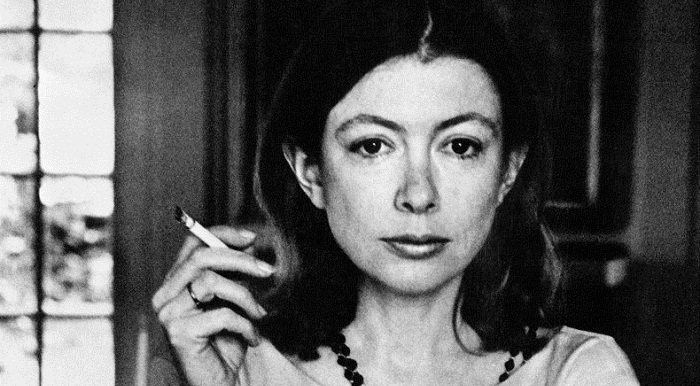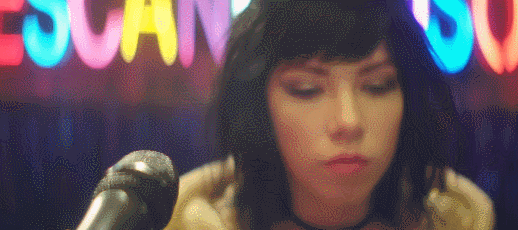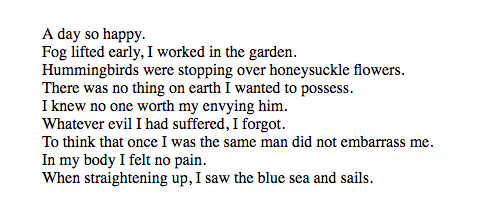America’s first gold in Pyeongchang wasn’t won by the Shibutani’s or Olympic veterans Lindsey Jacobellis and Lindsey Vonn. Instead, it went to someone so unexpected that even he was not expecting it: 17-year-old Red Gerard of Colorado.
Said Gerard post-win, “I just didn’t really know what the Olympics is [sic]. I grew up watching the X-Games and Dew Tour so I didn’t realize how big the Olympics were.”
All of this came in marked contrast to the experience of teammate Nathan Chen.
• • • • • • • • • • •
Nathan Chen began his skating career at 3. By 10, he’d become the youngest skater to ever win the novice category of the U.S. Championships.
Though both Chen and Gerard have competed in their respective sports for the better part of their lives, their trajectories couldn’t have been any more different. For Chen, the stakes have always been high and higher now — raised by the ample press coverage devoted to America’s newest Olympic darling. However, the pressures extend far beyond lavish media exposure, taking root in something more permanent: history.
• • • • • • • • • • •
The ice skater’s mentality is often described as a kind of neuroses. Legends like Kim Yuna and Yuzuru Hanyu have always been lauded for exceptional technique and a near-obsessive attention to detail.
In many ways, ice skating is like ballet in its unwavering devotion to high artistry and aesthetic. Like the ballerina, skaters are expected to maintain lithe, flexible bodies.
These pressures coupled with the intensity of athletic training require a kind of discipline which often doubles as a straightjacket — there’s an ever-present sense that this is work.
“Failure is inevitable — and it’s the people that keep trying who become successful.” — Mirai Nagasu
• • • • • • • • • • •
The understanding of sport, of skating as work often cripples athletes, including the successful ones. Following her gold medal performance in the 2010 Vancouver Olympics, Kim Yuna famously struggled emotionally, trying to decide whether or not she should return to skating. Eventually, she decided she would, re-framing her pursuit of the sport as a kind of happy compulsion — the act of doing something out of love. This adjustment in approach was one which propelled Kim forward to a silver at the scandal-riddled Sochi Olympics.
Many athletes struggle like Kim, often succumbing to the pressures of performance anxiety. Indeed, the dreams of a nation are a difficult burden to bear. Even Simone Biles, undoubtedly one of the best modern-day gymnasts, worked as hard to overcome this mental obstacle as she did the physical ones.
Athletics aside, things like music are no different. Often, what separates a good musician from a great one is stage fright. Indeed, the kind of anxiety that comes from perceiving everything as high-stakes can be debilitating.
From the beginning, what all too many talented, young individuals fear isn’t failure, but rather success. They know from experience that doing well creates the risk of disappointment. They allow the institution, its metrics of medals and certificates to consume them. And when they win, they too, like Kim often can’t help but feel hollow — as if they’ve lost a kind of love.
For anyone who is young and aspirational, this triple threat of mechanization by method, ceaseless ambition, and anxiety has the power to cripple.
It is no wonder then that Nathan Chen was lackluster in his Olympic Debut — stumbling at times and even falling.
• • • • • • • • • • •
Snowboarding, a newer sport, doesn’t find its origins in the 13th, 14th or even the 19th century.
The snowboard has only been around since 1964. By 1985, only 7% of ski resorts even permitted its use. Adapted by innovative young father and avid surfer Sherman Poppen from two skis, the snowboard was, from the very beginning, a symbol of subversion and ingenuity. It was first marketed as an object of commercial pleasure and, unquestionably, the nature of the sport is closely linked to the nature of its origins.
Eventually, the competitivity followed as young boarders attempted to one-up each other. However, unlike ice skating which valued lyricism and musicality, snowboarding has always prioritized one thing: fun.
Because of this, the field evolves at a remarkable pace, the kind that comes when athletes are both relaxed enough and encouraged to experiment. Not for an award, but for the sake of the sport — for fulfilment, for joy.
• • • • • • • • • • •
This is something we can all learn from boarders like Red Gerard.
Our best performances come when we don’t care too much about being the best. Instead, as athletes, as writers, we ought to reframe our work as something that isn’t work at all, rather a labor of love we take up voluntarily.
The time and emotional energy we spend worrying about the excess — the judgement of our peers, publication histories, the length of a resume — is more than counterproductive, it’s destructive.
• • • • • • • • • • •
It is also no wonder then, that Red Gerard won the Olympics — one of the most world’s most serious sporting events — by not taking it seriously at all.
And the attitude shows. Watching Pyeongchang’s opening ceremony, it’s difficult not to draw an emotional contrast between the effusive excitement of snowboarders and the grave worry of pretty much everyone else. As one commentator put it, “They always look as if they’d already won.”
In many ways, they have.








